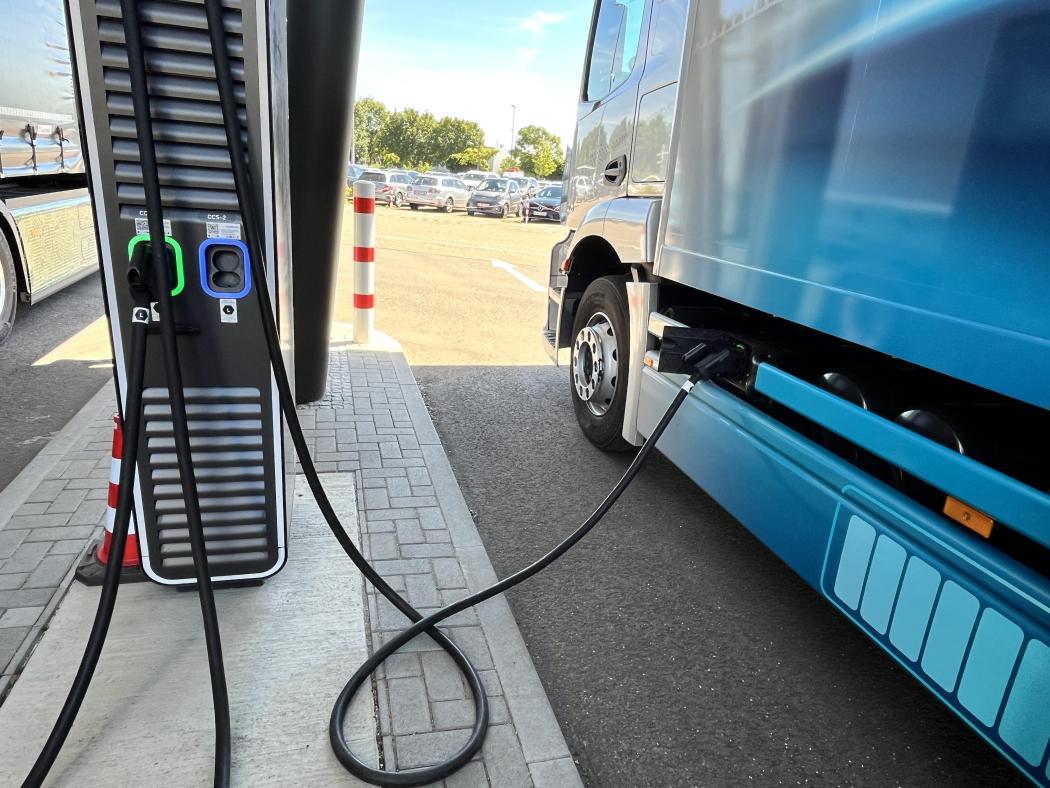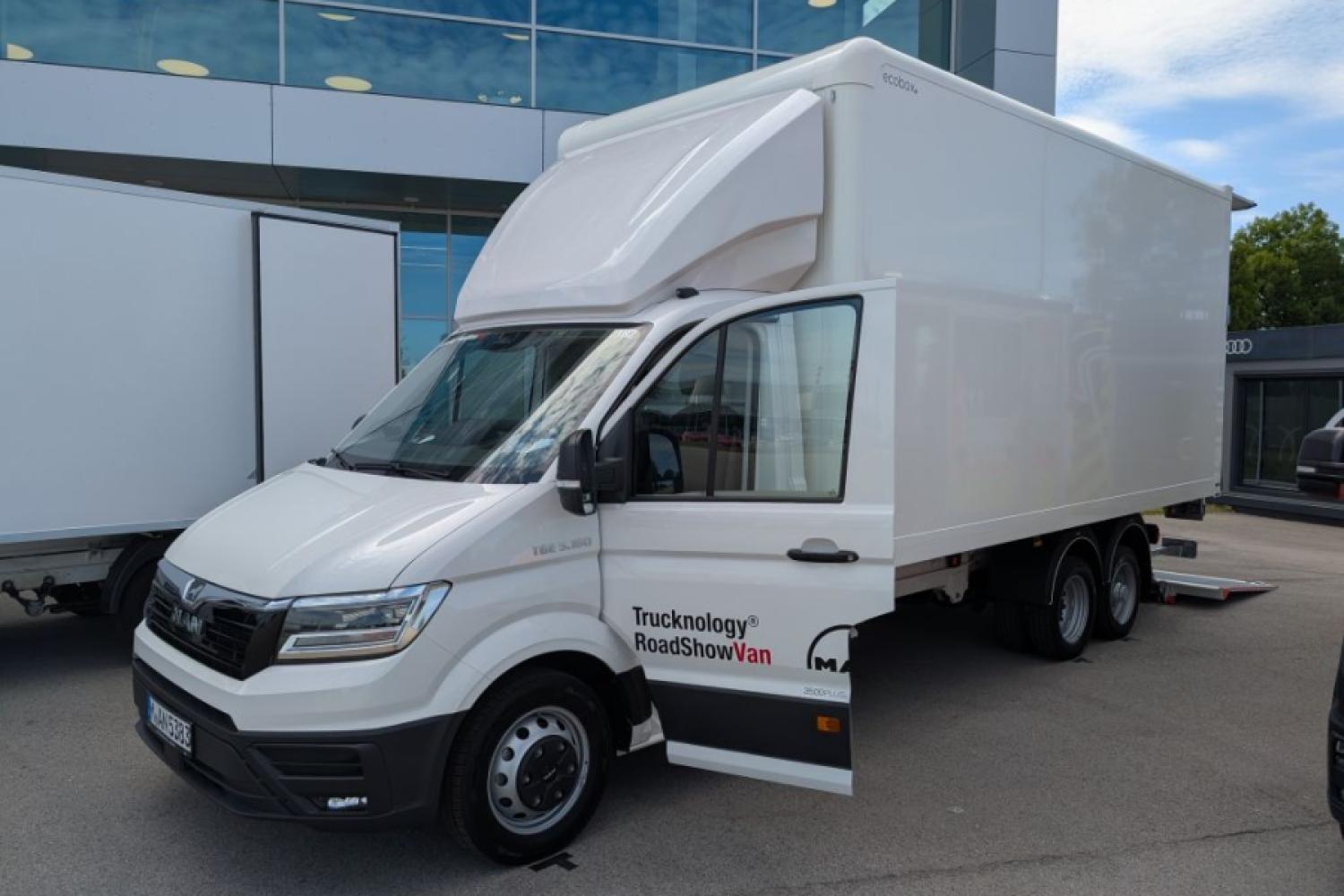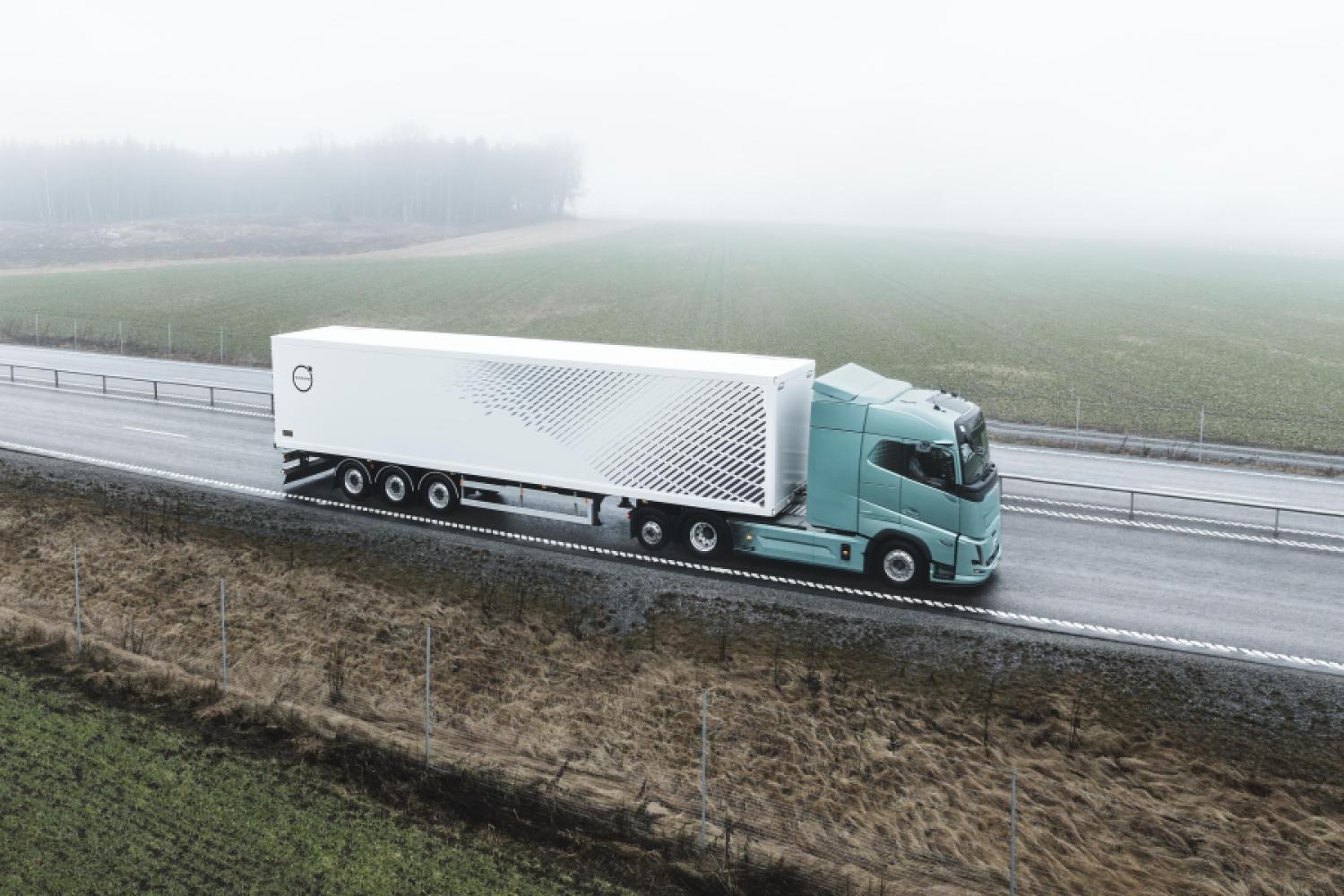The DSLV Federal Association for Freight Forwarding and Logistics has called on the German government to include the logistics industry in the planned electricity tax relief. This comes in response to the coalition committee's decision on July 2, 2025, to refrain from a general reduction in electricity tax. Instead, starting next year, only the manufacturing industry as well as agriculture and forestry will permanently benefit from the reduced tax rate. Service industries such as logistics are excluded from this measure.
Thus, the government's justification that the relief should apply regardless of company size or electricity intensity falls short
in practice, states the DSLV. Although the electricity tax will be reduced to the European minimum for certain industries, other sectors with high energy demands do not benefit. According to the freight forwarding association, this particularly affects logistics companies that need to secure cold chains for food or medication and thus also have high electricity consumption.
"Even the non-industrial medium-sized businesses – which include numerous logistics companies – are struggling with excessively high energy costs," the statement said. Many of these companies are in direct competition with providers from other European countries, where electricity costs are sometimes significantly
lower.
In a statement dated June 26, 2025, the government, for its part, points out that in addition to the continued electricity tax relief for certain industries, the gas storage levy will be abolished and part of the transmission system charges will be covered. According to the government, these measures are expected to lower electricity prices by two to three cents per kilowatt-hour from January 2026.
However, a nationwide reduction in electricity tax, as envisaged in the coalition agreement, has been postponed for budgetary reasons. According to the Federal Ministry of Finance, such a measure would cost the
state around 5.4 billion euros annually. The government promises further relief steps once financial leeway is available.
This is not enough for the DSLV. Given the advancing electrification of commercial vehicle fleets, it increasingly sees the logistics industry as energy-intensive. Therefore, Managing Director Frank Huster demands:
"In light of this, system-relevant service industries must also be included in political decisions for a competitive electricity price."
The association appeals to the government to fulfill the promise made in the coalition agreement and lower the electricity tax on a broad basis – but at least to extend it to energy-intensive






